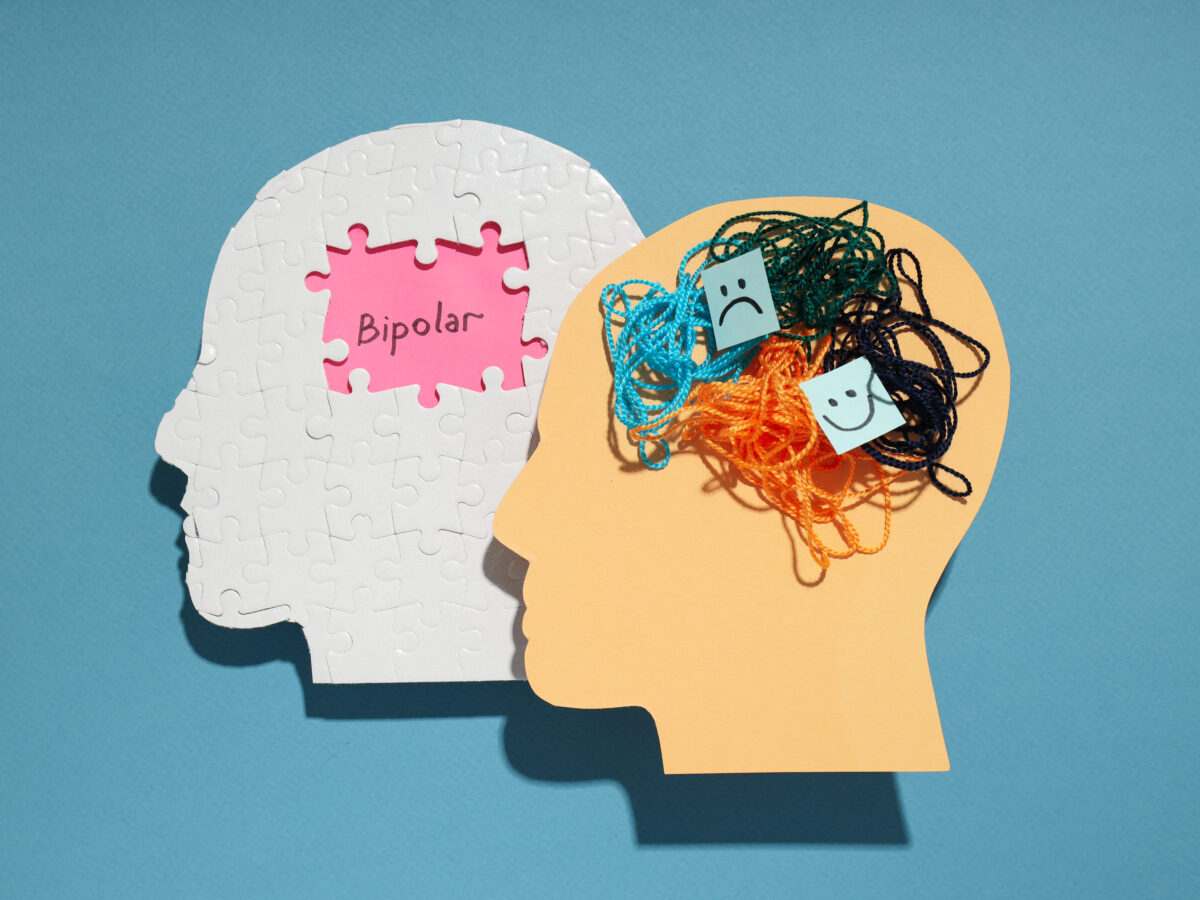Introduction:
Mental health problems have become increasingly prevalent, affecting individuals from all walks of life. While physical health has long been prioritized, it is essential to recognize and address the significance of mental well-being. Mental health problems encompass a wide range of conditions that can impact a person's thoughts, emotions, and behaviors. This article aims to provide an overview of what mental health problems entail, the importance of fostering a compassionate and supportive society, and promoting healing and resilience.
Defining Mental Health Problems:
Mental health problems refer to a broad spectrum of conditions that affect an individual's cognitive, emotional, and social functioning. These conditions can significantly impact a person's overall well-being, including their ability to cope with daily challenges, maintain relationships, and experience a sense of fulfillment. Mental health problems can vary in severity and duration, ranging from mild and temporary to severe and chronic.
Common Types of Mental Health Problems:
- Anxiety Disorders: Anxiety disorders involve excessive worry, fear, or unease that can interfere with daily life. Generalized anxiety disorder (GAD) is one of a range of anxiety disorders, panic disorder, social anxiety disorder, and specific phobias fall under this category.
- Mood Disorders: Mood disorders encompass conditions that affect a person's emotional state, leading to persistent feelings of sadness (depression) or extreme mood swings (bipolar disorder).
- Psychotic Disorders: Psychotic disorders, such as schizophrenia, involve distorted thinking, impaired perception of reality, and altered behavior.
- Eating Disorders: Eating disorders, including anorexia nervosa, bulimia nervosa, and binge-eating disorder, are characterized by unhealthy eating patterns and a distorted body image.
- Substance Abuse Disorders: Substance abuse disorders involve the misuse or dependence on substances like alcohol, drugs, or prescription medications, leading to significant impairment in various areas of life.

Factors Influencing Mental Health Problems:
Numerous factors contribute to the development of mental health problems. While each condition has its unique causes, some common factors include biological factors (imbalances in brain chemistry and genetics), environmental factors (adverse life experiences, trauma, chronic stress), and psychological factors (personality traits, low self-esteem, negative thinking patterns).
The Importance of Support and Treatment:
Addressing mental health problems requires a compassionate and understanding approach from individuals, communities, and society as a whole. Recognizing the signs and symptoms of mental health issues and providing timely support can make a significant difference in a person's recovery. Treatment approaches may include therapy (such as cognitive-behavioral therapy), medication, lifestyle changes, and support networks.
Promoting Healing and Resilience:
Empathy and support are essential components of addressing mental health problems effectively. It is crucial to recognize that mental health conditions are not a choice or a sign of weakness. They require understanding, compassion, and a non-judgmental attitude from society. By fostering empathy, raising awareness, and providing necessary support, we can break down barriers, reduce stigma, and create an environment where mental health is prioritized alongside physical health.
Furthermore, promoting healing and resilience is key to navigating mental health challenges. Seeking professional help, adopting holistic approaches, nurturing supportive relationships, practicing self-care and lifestyle changes, building resilience, and fostering community support and advocacy are all crucial in this process.
CONCLUSION
MENTAL HEALTH PROBLEM, IS THIS A PERSONAL OR INTERNATIONAL LEVEL PROBLEM?
Research has shown that one in every 8 people in the world lives with mental health problems. Mental health problems/disorders cause disturbances in an Individual’s thinking patterns, cognitive skills, emotional aspect, behavior, and overall well-being.
Generalized anxiety disorders (GAD), mood disorders, psychotic disorders, eating disorders, personality disorders, substance abuse, and related disorders are some common types of mental health disorders/problems that range from mild to severe depending upon the nature of the problem. There are a number of factors that contribute to the development of mental health problems. Effective prevention and treatment and personal care can save people from such issues.
Related Articles:
Anxiety Disorders – Nurturing Mental Health and Support
Breaking Barriers – Fostering Mental Well-being in Overcoming Depression
Fostering Mental Wellness – Cultivating a Nurturing Family Environment
Obsessive-Compulsive Personality Disorder – Understanding and Overcoming
Paranoid Personality Disorder – Understanding, Coping, Dispelling Misconceptions


